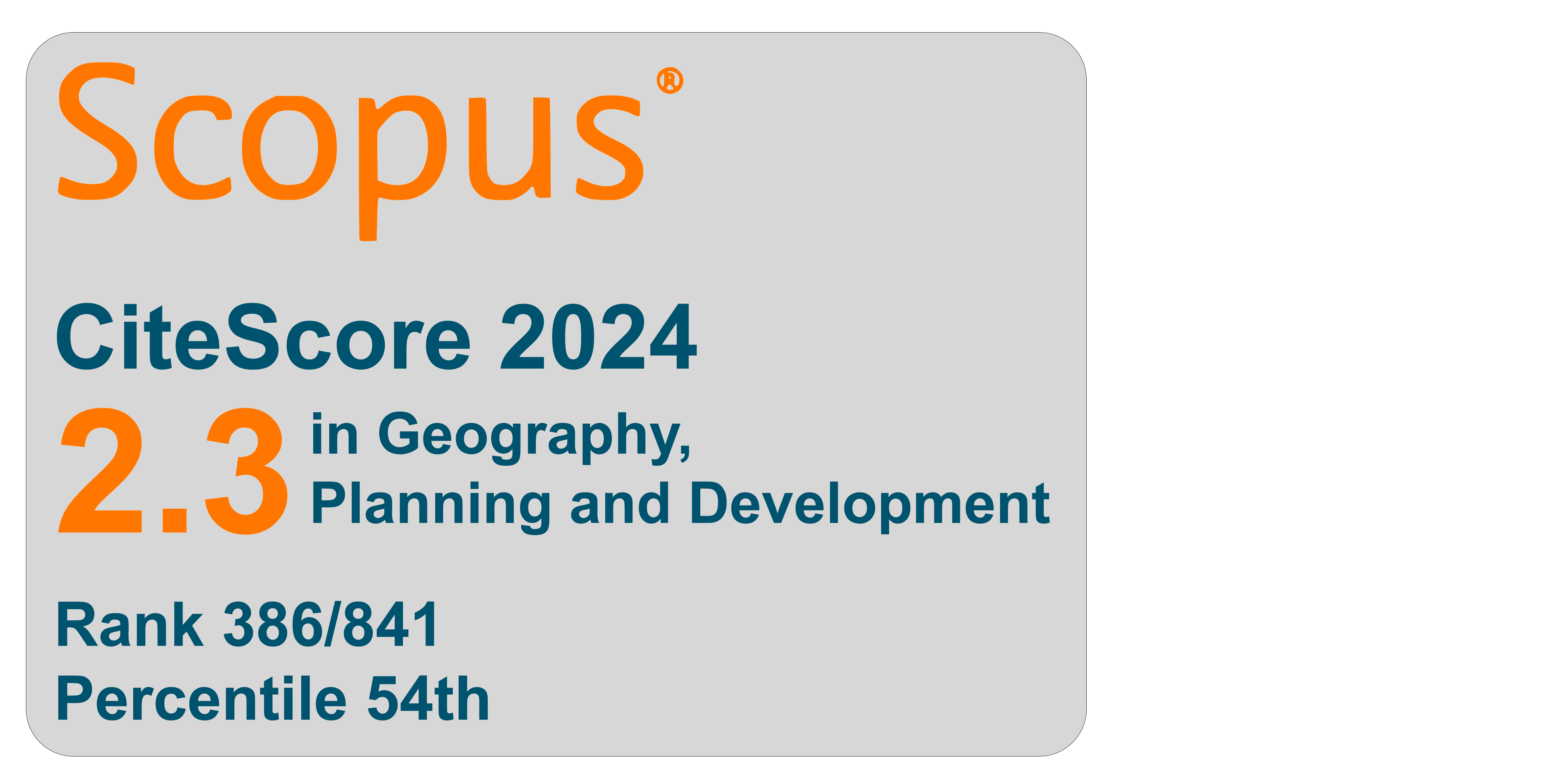Rethinking rules and social practices. The design of urban spaces in the post-Covid-19 lockdown
DOI:
https://doi.org/10.6092/1970-9870/6923Keywords:
City, Architecture, Rule, Ontological analysis, Social practiceAbstract
In the last months a pandemic has changed the daily life of billions of people. Among the efforts to reduce the impact of the disease, social distancing has had huge consequences and raised may concerns, from the inadequacy of contemporary urban design to the social inequality of national and regional lockdown. This paper focuses on the consequences that this experience is having on the design of urban public and private areas. Everybody admits that our cities are going to change but, beside the first quick adaptation to social distancing, it is unclear how to rethink today’s urban areas. We start from our previous work on the classification of architectural rules and on the study of how creativity is expressed via architectural rules, to discuss the principles and social aspects of newly proposed designs. The motivation for this analysis is to investigate and raise awareness of the consequences of changes in social practices: given that we are in need for new structures and service organization, we can still make choices and should balance the positive and negative aspects of these design alternatives. The community should be aware, as much as possible, of the intrinsic forces that novel solutions exert on our social system and urban environment. This work shows just one way to analyse architectural design, and should be considered as a contribution to a much needed broad and inclusive discussion about how we want urban spaces to be.
Downloads
Downloads
Published
How to Cite
Issue
Section
License
Copyright (c) 2020 TeMA - Journal of Land Use, Mobility and Environment

This work is licensed under a Creative Commons Attribution-NonCommercial 4.0 International License.



